The volume investigates the question of meaning of mystical phenomena and, conversely, queries the concept of "meaning" itself, via insights afforded by mystical experiences. The collection brings together researchers from such disparate fields as philosophy, psychology, history of religion, cognitive poetics, and semiotics, in an effort to ascertain the question of mysticism's meaning through pertinent, up-to-date multidisciplinarity. The discussion commences with Editor's Introduction that probes persistent questions of complexity as well as perplexity of mysticism and the reasons why problematizing mysticism leads to even greater enigmas. One thread within the volume provides the contextual framework for continuing fascination of mysticism that includes a consideration of several historical traditions as well as personal accounts of mystical experiences: Two contributions showcase ancient Egyptian and ancient Israelite involvements with mystical alterations of consciousness and Christianity's origins being steeped in mystical praxis; and four essays highlight mysticism's formative presence in Chinese traditions and Tibetan Buddhism as well as medieval Judaism and Kabbalah mysticism. A second, more overarching strand within the volume is concerned with multidisciplinary investigations of the phenomenon of mysticism, including philosophical, psychological, cognitive, and semiotic analyses. To this effect, the volume explores the question of philosophy's relation to mysticism and vice versa, together with a Wittgensteinian nexus between mysticism, facticity, and truth; language mysticism and "supernormal meaning" engendered by certain mystical states; cognitive-poetic analysis of mystical poetry; and a semiotic scrutiny of some mystical experiences and their ineffability. Finally, the volume includes an assessment of the so-called New Age authors' contention of the convergence of scientific and mystical claims about reality. The above two tracks are appended with personal, contemporary accounts of mystical experiences, in the Prologue; and a futuristic envisioning, as a fictitious chronicle from the time-to-come, of life without things mystical, in the Postscript. The volume contains fourteen chapters; its international contributors are based in Canada, Israel, United Kingdom, and the United States.
Hinweis: Dieser Artikel kann nur an eine deutsche Lieferadresse ausgeliefert werden.
Hinweis: Dieser Artikel kann nur an eine deutsche Lieferadresse ausgeliefert werden.

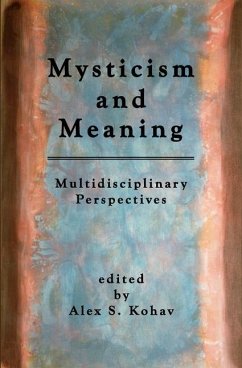
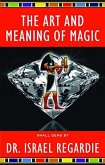

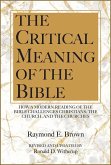
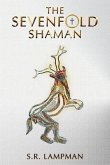
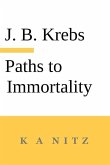
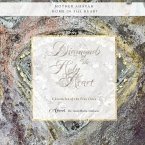
![The Garden of Eden [microform]: Giving the Spiritual Interpretation and True Meaning of the Story The Garden of Eden [microform]: Giving the Spiritual Interpretation and True Meaning of the Story](https://bilder.buecher.de/produkte/66/66199/66199769m.jpg)